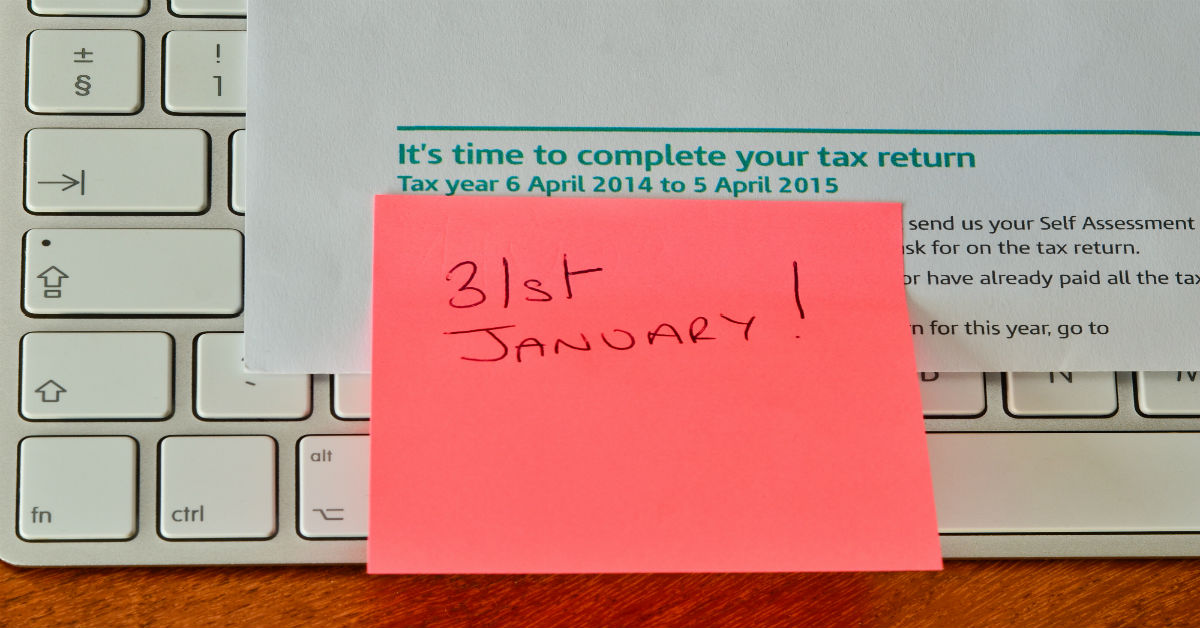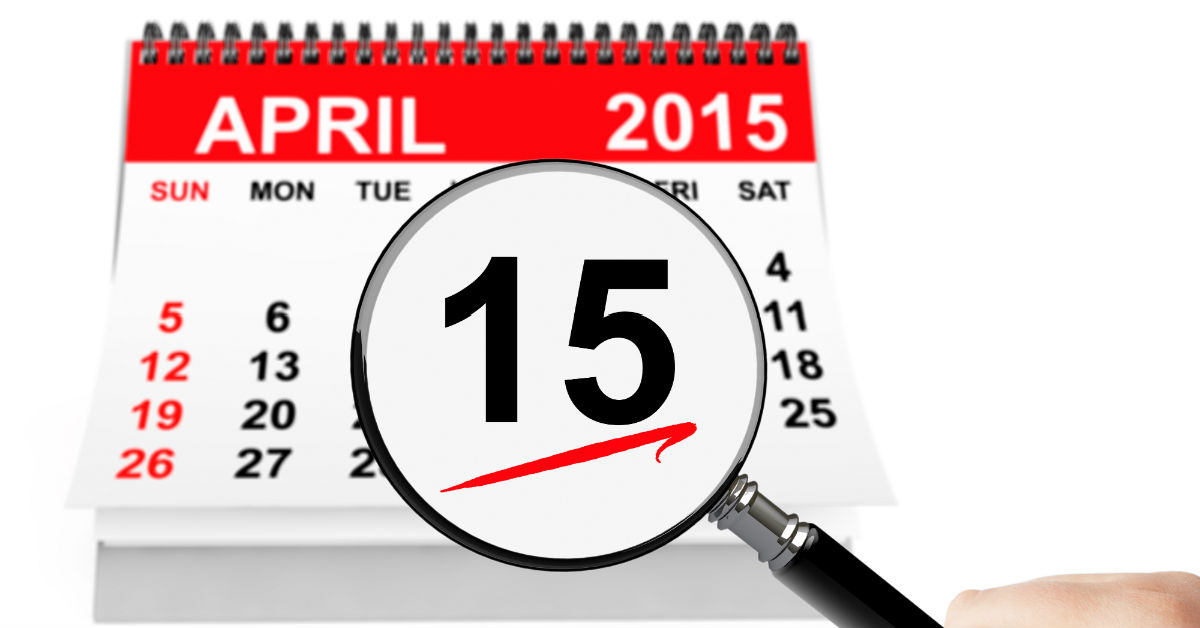
Tax day is just around the corner. A large percentage of the population will turn to automated computer programs to do their taxes for them, but there’s danger in that. The smallest mistake could cost you big, particularly if it ends in an audit from the IRS. Others will try their hand at calculating their taxes by hand.
When you don’t hire a certified accountant, it’s easy to make mistakes while doing your taxes, but here are eight errors you should avoid this year.
1. Waiting Too Long
You’ll face some hefty penalties if you miss the April 15 tax due date. Don’t wait until April 14 to get started. As soon as you’ve received your employment tax documents at the beginning of the year, start the filing process.
2. Avoiding the Computer
Some people like to file their taxes the old-fashioned way with paper and pen, but it only slows down the process. You’ll get the same results if you file on the computer, but you’ll typically receive your refund much sooner.
3. Math Errors
The most common tax return error is math. This can either reduce your tax refund or make you pay more than necessary. The IRS has people monitoring for discrepancies, and if they find yours, you’ll pay what you owe plus extra penalty fees. Using tax software or a human accountant can eliminate your errors and protect you from the IRS’s examination.
4. Misspellings
You’ll want a clean-cut tax form no matter what, but spelling things wrong, particularly your name, will result in all kinds of problems. The IRS can only identify you according to the exact spelling of your name that matches your social security number, and if you get that wrong, they’ll kick back your return and slow down the process.
5. Relying on Direct Deposit
Direct deposit is convenient, but it comes with its concerns. If you input even one digit of your account number incorrectly, it’ll result in you losing the money entirely. The IRS won’t repay your refund just because they sent the money to the wrong account. Either triple check your account numbers when you file, or ask for a check to make sure you get your money.
6. Deduction Mistakes
If you own your own business, you’re allowed to make certain deductions for business expenses. However, be careful in this process. You never want to deduct more or less than necessary. One will result in IRS scrutiny and possible penalties and the other will require that you pay extra.
7. Inaccurate Charitable Contributions
Always keep your receipts and backup documentation when making charitable donations. Without these receipts, the result could lead to inaccuracies on your taxes that could cost you big.
8. Shopping Around for a Big Refund
Stop trying to find someone who will give you the biggest refund possible. Instead, look for someone who will do your taxes correctly and will save you from tax errors that can lead to penalties or an audit.











